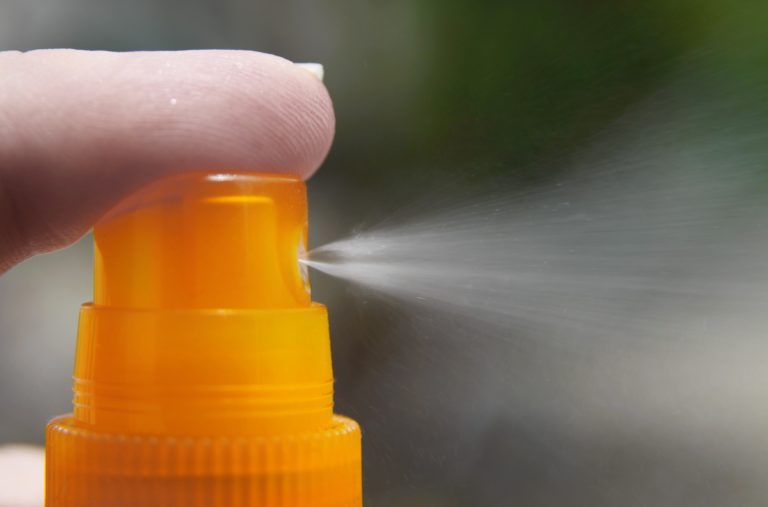6 Things to Bring on an Overnight Camping Trip
by Daniel Ruperto M. Gaerlan / October 22, 2019
The idea of packing for your first camping trip can be daunting. Preparation is the key to a successful and enjoyable camping trip, but inexperienced campers have a tendency to over-prepare, over-pack, and over-exhaust themselves over all the little things that they might need. It is good to be ready for anything, but it is also important to pack efficiently, with versatile tools and materials that can be adapted to suit your every need.
Here’s a handy guide to some things you can bring on an overnight camping trip, to simplify your preparations.
1. Reusable containers and resealable bags
One of the most important rules in camping is this: leave nothing behind in nature but footprints. As such, it is important to bring all your food and water in reusable containers. Anything from water to potato chips to medicine must be stored in something that does not generate waste, unless you intended to take home the waste too.
In the event of unexpected waterlogging incidents like rain, resealable containers and bags are also useful for protecting electronics.
2. Insect repellant

This is a must-have in camping, as an incessant itch can ruin an otherwise fun gathering. Most people bring lotions, skin sprays, and even mosquito bracelets to repel mosquitoes. This does not, however, count for the other insects that may assault a campsite, such as flies.
For such cases, it is important to keep something minty on your person. You can even go so far as to spray the campsite with mint mouthwash, as most insects are repulsed by scent of mint. Other insect repelling techniques include cooking with onions and garlic. You can also use natural insect repellent or throw various herbs like sage and citronella into a campfire, and using portable bug lamps.
3. Matches or firestarters

Many experienced campers share the opinion that if there isn’t going to be a campfire, it’s not camping at all, and for good reason. Wonderful memories are made around a campfire, roasting marshmallows and hotdogs on the flame, and sharing stories.
But you need to be able to start a campfire, and to do that you need either matches or a good firestarter. Matches are preferable to plastic lighters, as they produce no waste and are generally easier to use when lighting a campfire. Firestarters, which often use a striking motion to produce sparks to light fires, are available in the market for the more regular and experienced camper.
4. Flashlights
Every phone comes with a flashlight, but this isn’t enough. A good flashlight, portable lantern, or headlamp is a good investment not just for camping but emergency situations in your home. Artificial lighting is a constant need for campers, especially at night. The right lighting can make a lot of nighttime tasks easier, in addition to safer.
5. String
String is one of the most underrated, but also one of the most versatile camping necessities, often overlooked by even the most experienced campers. A good spool or ball of cotton twine can provide a temporary fix for anything that breaks at a campsite, from broken camping sandals to torn bag straps. All it takes is knowing the right knots to use.
6. Utility knife
Obtaining a utility knife is often the transition between basic camping to advanced, but is immensely beneficial at any level. Knives are useful for food preparation in so many ways: cutting the food, descaling the fish, opening cans, etc. But the most important uses of a utility knife are the ways it can help in an emergency. For example, cutting and preparing bandages with a utility knife pulled from a pocket could save the precious minutes an injured person needs.
When selecting your utility knife, however, it is important to consider the local regulations involving knives in your area.
It is good to be prepared for every eventuality, but it is better to have tools that allow for versatility—usable in many different types of situations—rather than having one tool do just one specific function. Perhaps the most important thing to bring on a camping trip is resourcefulness, and the right tools that maximize this quality.



